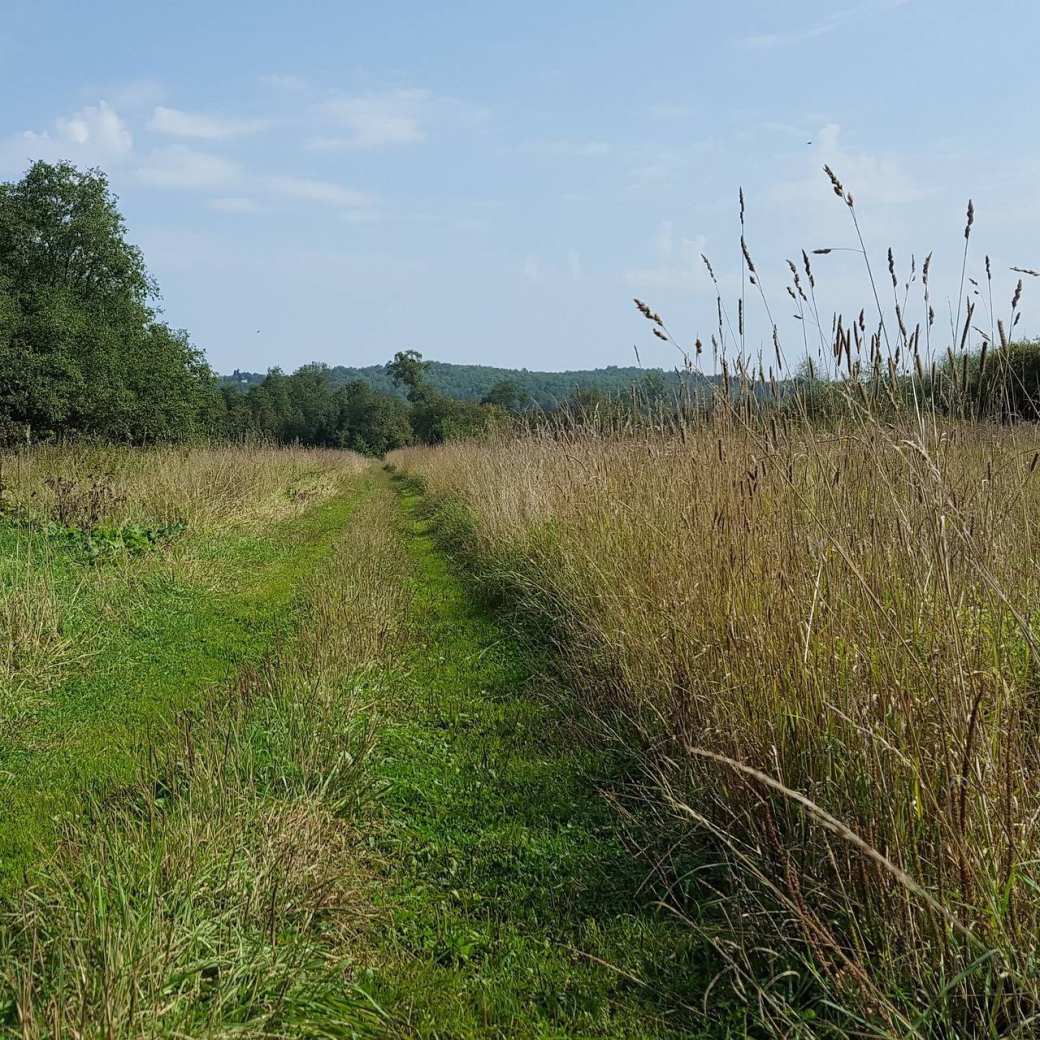Reduce and use landfill methane
Can methane resources such as landfills and small digesters that are currently (partially) unused be used to produce valuable materials? That is the goal of this Biotech booster project.

Motivation
Methane is a powerful greenhouse gas and about 20% of the emissions caused by humans originate from waste, such as landfills.
Landfills containing organic matter produce methane-rich landfill gas over a long period of time, up to a hundred years. This landfill gas can be captured and channeled into electricity and heat when the methane concentration is above 50%, anything below that will be flared off or emitted to the atmosphere.
Landfill gas with lower methane concentrations, can potentially be used to recycle methane into sustainable, biodegradable plastics or more specifically polyhydroxybutyrates (PHBs) with the use of methanotrophic microorganisms.
Purpose
From a Dutch landfill site new methanotrophic bacteria were isolated by HAN BioCentre. These bacteria could be cultivated in a lab scale bioreactor using landfill gas as their main carbon source.
The goal of this proof of principle study is to further develop and upscale this biofilter technology to reduce and use methane emissions for sustainable bioplastic production and to develop it into an economic viable business case.
Our partners
- Avans/MNext
- SWECO
Biobased Innovations
The researchers of the Biobased Innovations lectorate, together with students, conduct practice-oriented research. This research focuses on how we can make responsible and smart use of living nature. In doing so, we investigate the entire chain of biodiscovery.
